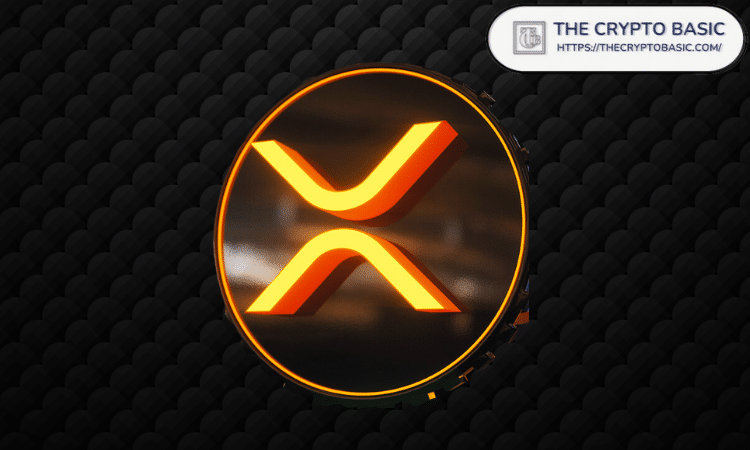Attorney Bill Morgan says Judge Analisa Torres inadvertently gave the XRP community a weapon against Bitcoin maxis by analyzing the coin under the framework of Howey.
Australian-based legal expert Bill Morgan has explained how Judge Analisa Torres, the judge overseeing the SEC v. Ripple lawsuit, unintentionally gave the XRP community a weapon against Bitcoin maxis and other critics.
Bitcoin Maxi Highlights Flaw in SEC v. Ripple Ruling
For context, Judge Torres’ ruling in the Ripple case became a topic of discussion over the weekend. In a recent tweet, a Bitcoin maxi named “ScamDaddy” stated that Judge Torres did not clarify what category of asset XRP falls under. In July, the judge declared that XRP in itself is not a security, as alleged by the SEC.
Consequently, ScamDaddy said the judge only declared that XRP is not a security but failed to mention whether the asset is a commodity or currency.
Judge Torres Treated XRP as a Commodity
Reacting, Attorney Morgan posited that the judge treated XRP as a commodity in the landmark ruling. However, the Bitcoin maxi refuted Morgan’s claim while sharing an excerpt from the decision, indicating that the judge did not view XRP as a commodity.
Actually, quite the opposite….
When she deemed Ripple's sales to institutions as unregistered securities, she said "parties did not view the XRP sale as a sale of a commodity" pic.twitter.com/Z0lRY4OpfF
— ScamDaddy (@ScamDetective6) November 12, 2023
Meanwhile, Attorney Morgan pointed out that the excerpt was part of the judge’s efforts to explain why she found Ripple’s institutional sales to be an investment contract.
The lawyer pointed to a section of the summary judgment where Judge Torres expressed her view of XRP within the framework of Howey.
According to the lawyer, Judge Torres, on pages 14 – 15 of the summary judgment, differentiated the contract, transaction, or scheme from the underlying asset.
Notably, the judge emphasized that the underlying token is not necessarily a security even though it is part of a transaction that constitutes an investment contract. The judge listed various assets, including GRAM, as standalone assets that are not inherently securities.
“She later concludes her analysis by stating that XRP ‘as a digital token” (like Gram) is not itself an investment contract even though it may be the ‘subject’ of an investment contract like any other standalone commodities,'” Attorney Morgan said.
Judge Gave XRP Community a Weapon Against Bitcoin Maxis
The lawyer said the Ripple ruling would still be logically correct if the judge did not provide a legal analysis for XRP. However, he speculated that the judge gave the analysis due to the SEC’s refusal to clarify the security status of the token itself.
The attorney said Judge Torres unintentionally gave XRP community members a weapon against Bitcoin maxis, including ScamDaddy, who claim that everything other than BTC is a security.
Additionally, Attorney Morgan pointed out that the analysis could be used as an argument against critics who stir confusion about the judge’s classification of XRP.
The judgment did not necessarily need this section on pages 14-15. If you took it out this section the judgment would stand logically intact. I think she added this analysis of the token because the SEC in this case, as it does in public, avoided clarifying its view on whether…
— bill morgan (@Belisarius2020) November 13, 2023
DisClamier: This content is informational and should not be considered financial advice. The views expressed in this article may include the author's personal opinions and do not reflect The Crypto Basic opinion. Readers are encouraged to do thorough research before making any investment decisions. The Crypto Basic is not responsible for any financial losses.


